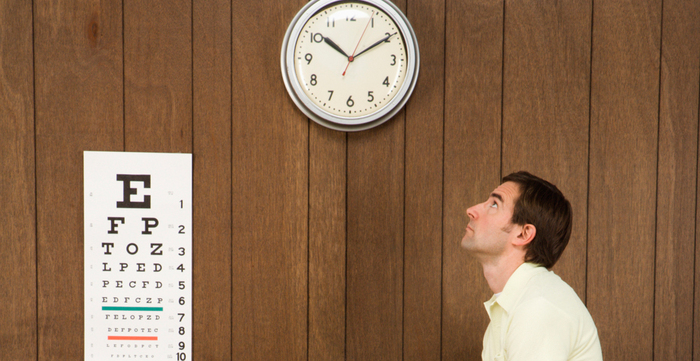
Feel better faster. Get care today.
From the clinic or your couch. Find high quality, same-day urgent care for you and your kids. Book an urgent care visit today.

With nearly three million patient visits per year, urgent care facilities across the country do employ extended hours. These hours, however, do vary by facility.
On average, almost 350 patients visit urgent care facilities per week. With the conditions they treat – ranging from broken bones to flesh wounds to flu symptoms and fevers – urgent cares need to be available when primary care physicians are not because we all know these types of injuries and illnesses never occur at convenient times or places.
Most urgent care centers are open seven days a week. Typically, a walk-in clinic will begin servicing patients as early as 7:00 a.m. and stay open for patient care until as late as 9:00 p.m. There are exceptions depending on the facility, but this would be considered the average. Those needing emergency care may find some clinics open as late as midnight or offer extended hours on dedicated days throughout the week. It's best to call centers and obtain a list of their general hours and extended hours to ensure the clinic is open.
Arrival and waiting times vary depending upon when patients choose to visit walk-in clinics. Over 50 percent of urgent care patients waiting 15 min or less and a nationwide average wait time between 15-45 minutes. Early morning and the noon hour are both times when clinics experience the most visitors with additional influx occurring between 5:00 and 7:00 p.m., just after typical medical offices close.
Depending on the severity of the patient, some triage and patient care priority is implemented for optimal care. This means patients who aren't severely ill may not be seen first. If the urgent care facility offers extended hours, for minor illness, it's best to plan a visit during non-peak times. Finally, urgent care centers do offer emergency aid so it's essential those experiencing severe trauma visit the clinic as soon as possible. However, you may want to consider a trip to the emergency room.
No, while most urgent care centers have extended hours, they do not typically operate 24/7.
They treat a variety of conditions, including broken bones, flesh wounds, flu symptoms, and fevers.
Most centers are open seven days a week, typically from 7:00 a.m. to 9:00 p.m.
The best time to visit is during non-peak hours, unless the case is severe and requires immediate attention.
For severe trauma, it's recommended to consider a trip to the emergency room.
The average wait time at an urgent care center is between 15-45 minutes, with over 50 percent of patients waiting 15 minutes or less.
Yes, urgent care centers implement a form of triage and patient care priority, meaning patients with more severe conditions may be seen first.
While urgent care centers can provide emergency aid, those experiencing severe trauma should consider going to the emergency room.

From the clinic or your couch. Find high quality, same-day urgent care for you and your kids. Book an urgent care visit today.